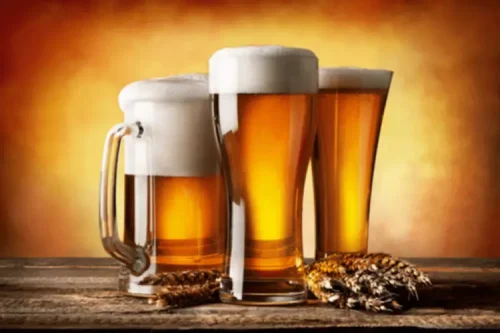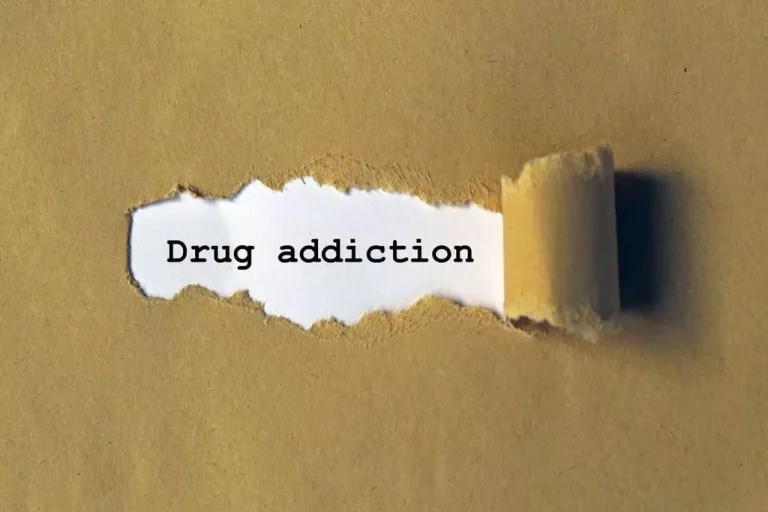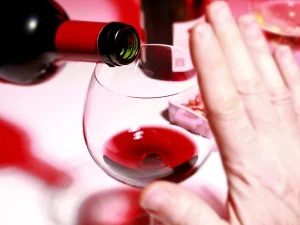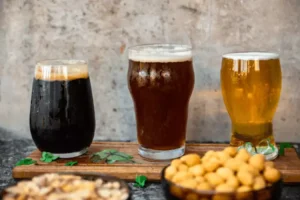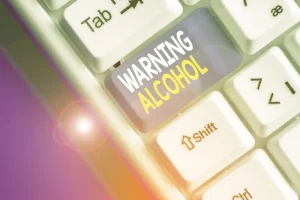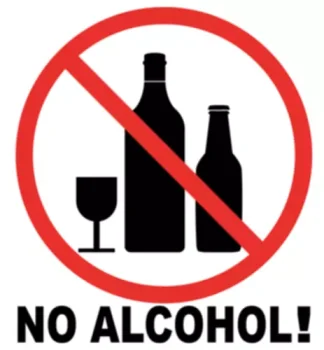
Naltrexone helps decrease total drinks consumed per day, cravings, and pleasurable effects of alcohol. Injectable Naltrexone (Vivitrol) injections are given once a month, providing a way to get beneficial effects for 30 days at a time. Patients can and do drink while taking naltrexone, but it is less pleasurable, and they also take Naltrexone to prevent or decrease anticipated likely drinking events. You can also help your body metabolize alcohol by avoiding highly processed foods and drinks like chips, white bread, and soda. This added stress can make it difficult for your liver to metabolize alcohol in a timely manner.

Office of Addiction Services and Supports
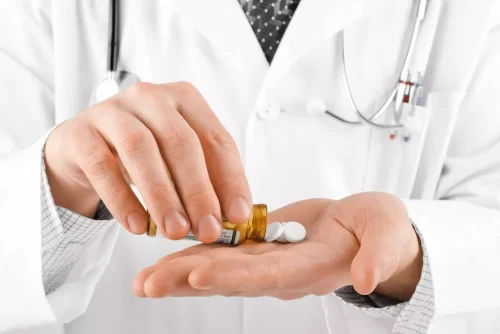
Ethyl Glucuronide is present in the body after consuming alcoholic beverages. Eating iron-rich foods can give you energy, make you feel replenished and help to alleviate the effects of alcohol consumption. Experts say we all need at least eight glasses of water every day. However, when your goal is to flush out alcohol from your body, you should drink more of it.
How long does it take for the effects of alcohol to wear off?

Lemon juice is high in vitamin C, which can help alleviate hangover symptoms and promote healing in the body, but it does not speed up how quickly your body processes alcohol. To assess a person’s withdrawal symptoms and recommend treatments, doctors often use a scale called the Clinical Institute for Withdrawal Assessment for Alcohol. The higher the number, the worse a person’s symptoms are and the more treatments they likely need.
[Podcast] Episode 7: The Woman Changing How the World Sees Non-Alcoholic Drinks with Victoria Watters
Studies found that people who slept less after a night of drinking tended to experience worse hangovers than those who got more sleep. If possible, allow yourself adequate time to get a good night’s sleep so your body can recover. Your body absorbs alcohol more slowly when you have food in your stomach. Those who drink on an empty stomach will feel the effects of alcohol more quickly. A person who has not eaten will hit their peak blood alcohol level between 30 minutes and two hours after consumption, depending on the amount of alcohol consumed. Genetic, environmental, and physical and mental health factors control alcohol metabolism and elevate your blood alcohol content — the percentage of alcohol in the blood.
- Detox alone isn’t treatment, but it’s the first step to getting better for people who are dependent on alcohol.
- However, this can vary somewhat based on the type of alcohol you drink, your physical health, or your genetic predisposition.
- Patients can and do drink while taking naltrexone, but it is less pleasurable, and they also take Naltrexone to prevent or decrease anticipated likely drinking events.
- Some people may think the only way to deal with it is with willpower, as if it’s a problem they have to work through all on their own.
- However, there is no scientific evidence to suggest that it speeds up the metabolism or elimination of alcohol in the body.
Eat and Avoid Certain Foods
Many people find that a combination of treatments works best, and you can get them together through a program. Some of these are inpatient or residential programs, where you stay at a treatment center for a while. Others are outpatient programs, where you live at home and go to the center for treatment. All of these services can help you reduce alcohol cravings and build a healthy, sober life. Then, acetaldehyde is further broken down to another less active byproduct called acetate. From there, the acetate is broken down into water and carbon dioxide for easy elimination.
- Instead, these are groups of people who have alcohol use disorder.
- That’s why many of us wonder if a month of avoiding drinking is enough to “reset” your liver back to normal.
- The most commonly used and recognized MAT for alcohol use disorders is naltrexone, taken orally or as an injection.
How Is Alcohol Metabolized by the Body?
Remember, you don’t need to fit the criteria for alcohol use disorder to benefit from help. Recognizing the difference between being drunk and alcohol poisoning can save lives. If left untreated, alcohol poisoning can lead to medical complications (and, in some situations, death). Group therapy or a support group can help during rehab and help you stay on track as life gets back to normal. Drugs used for other conditions — like smoking, pain, or epilepsy — also may help with alcohol use disorder.
So why do alcohol’s effects hit people so differently?
The occasional hangover may just be the reminder you need to be more mindful of drinking moderately next time. But if hangovers become more frequent, it might be time to get some help to cut back on your consumption. Our online alcohol rehab allows you to set goals for reducing drinking or eliminating alcohol altogether. Inpatient usually offers more services, but it tends to cost more. Outpatient is a less-expensive option that’s generally safe and effective for people with mild or moderate alcohol withdrawal.
Don’t Forget to Clean Your Liver
Others accumulate over time and significantly affect your physical and mental health and quality of life. Your blood alcohol content (BAC) level is reduced by 0.015 per hour. The food you eat while recovering from a night of drinking will affect how quickly you detoxify your body. Some foods can help speed up the process and make you feel better, whereas others hinder recovery. Signs include being unable to control the amount you drink, drinking affecting your personal or professional life, experiencing withdrawal symptoms, or feeling a need to drink to function normally. Mindful drinking can have a significant impact on reducing alcohol consumption and promoting a healthier relationship with alcohol.
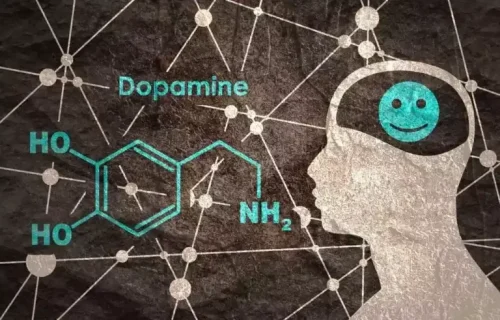
Take this quiz to learn how to be more mindful with your drinking habits. Remember that alcohol is absorbed the quickest in your small intestine. Having food in your stomach can slow down the absorption of alcohol while you’re drinking.
How Long Does Alcohol Stay in Your System (Blood, Urine and Saliva)?
- You can choose to use these along with therapy and support groups to help you maintain your sobriety.
- The blood distributes the metabolized drug to all your body parts.
- However, if you regularly abuse alcohol, engage in frequent binge drinking, and then stop drinking, you may experience severe withdrawal symptoms like confusion, hallucinations, and seizures.
- But according to the Centers for Disease Control and Prevention (CDC), having just one drink and taking the right precautions shouldn’t harm your baby.
While the body works on metabolising alcohol, it suffers from dehydration. You must increase your water intake after drinking too much alcohol to rehydrate. Sunnyside’s coaches are experienced in helping you practice mindful drinking techniques, and what can i drink to get alcohol out of my system supporting you on your journey. Unfortunately, this process isn’t as quick as we’d sometimes like, and there’s no magic switch to speed it up drastically. But, don’t fret; there are steps you can take to assist your body in this detox process.


